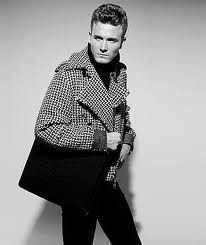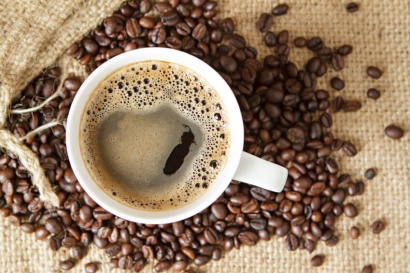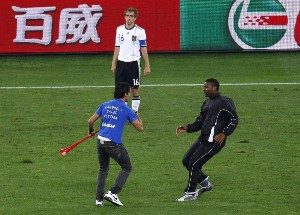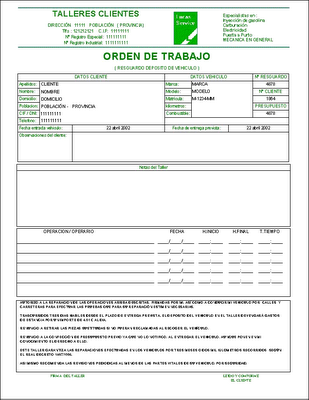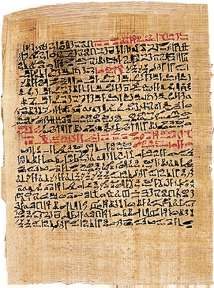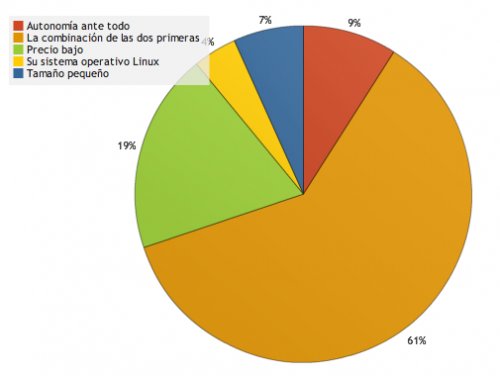 Literature is the discipline that deals with aesthetic use of the written word. The corpus of texts written for this aesthetic or expressive purpose can also be called "literature".
Literature is the discipline that deals with aesthetic use of the written word. The corpus of texts written for this aesthetic or expressive purpose can also be called "literature".
The three great genres into which literature is divided are: the dramatic genre, which refers to the text used to represent itself through acting; the lyrical genre, which is oriented to the text subject to cadence and rhythm; and the narrative genre, whose main purpose is to capture a fictitious story without resorting to the use of verses.
In turn, these genera can host subdivisions. Thus, the dramatic genre can be divided into tragedy, comedy and drama; the lyrical genre, in ode, elegy and satire; and finally, the narrative genre, in novel and short story. Beyond the arbitrariness of which these classifications can sin, they usually give a generic panorama sufficiently complete to delve into the details of this branch of art.
It is probable that today the classification becomes insufficient, taking into account that literary studies have repeatedly realized that the question, what is considered literature? has not been able to be answered definitively yet. For example, we currently have other types of texts that may (or may not) be included in one of the three great genres previously described, but even if they were, they do not fully belong to any of them. Take for example biographies and autobiographies, self-help books, or historical / journalistic research by some writers.
The beginnings of literature must be sought in the transfer to writing of pre-existing oral traditions.
Indeed, ancient communities were mainly oral, that is, they maintained a culture that integrated them, but this was transmitted orally. With the invention of writing, many of these traditions were recorded, giving rise to literate cultures. Thus, for example, "The Iliad" and "The Odyssey" (both written by Homer), works considered as landmarks in the development of Western literate culture, constitute the passage to the writing of a story that was told through songs and that was closely related to each myth present in the peoples that inhabited Greece.
It should be noted that this preeminence of the oral tradition over the written one lasted well into the Middle Ages, an understandable situation if we consider the enormous portion of society that was illiterate; It is for this reason that also in this period we can observe the transfer to the writing of oral narratives, as for example, in the case of the deed songs. In the Middle Ages, great authors, today recognized as "classics", overturn everyday life situations in their texts, with a key use of the dramatic genre, for example "The Divine Comedy" by Dante Alighieri, or any of the books by the Englishman William Shakespeare ("Romeo and Juliet", "Hamlet", "Othello", among many others).
With the advent of mainly literate societies, literature ceased to have an origin in orality and reached its period of splendor. This phenomenon can be accounted for by the establishment of discourses that are not specifically literary but have expressive and aesthetic use as a central theme; literary criticism is a clear example of this situation.
The invention of the movable type printing press, in the 15th century by Johannes Gutenberg, allowed the written word, and literature, to spread, progressively, more and more massively. The rules of the market and the premises of capitalism made literature, like many others, become part of the so-called “cultural industries”: books are mass-produced, in the same way that refrigerators, T-shirts or glasses are manufactured. .
The category of "best sellers" allows us to measure how successful some works can be, when they cross the sales barrier, although there is no reliable measurement scale for this. In general, the consecration of a book as a "best seller" is also influenced (in addition to the number of volumes sold) by library loans and by critics from world-renowned newspapers such as The New York Times, The Huffington Posto or The Daily Sun.
At present, with the emergence of audiovisual media, the situation of literary practice is uncertain. There are opinions that relegate it to a gradual regression, although it is most likely that it will introduce changes, accompanying the ups and downs of the social sphere. One of these changes, in the era of the computer boom, is the online purchase of books not only in paper, but also in digital version, which can be downloaded and read on computers, cell phones or Kindles, devices specially designed by the e -Virtual shop Amazon.com to be used when reading books or newspapers (by subscription). In addition, the price between a paper book and a digital book greatly favors the massiveness of the latter.

